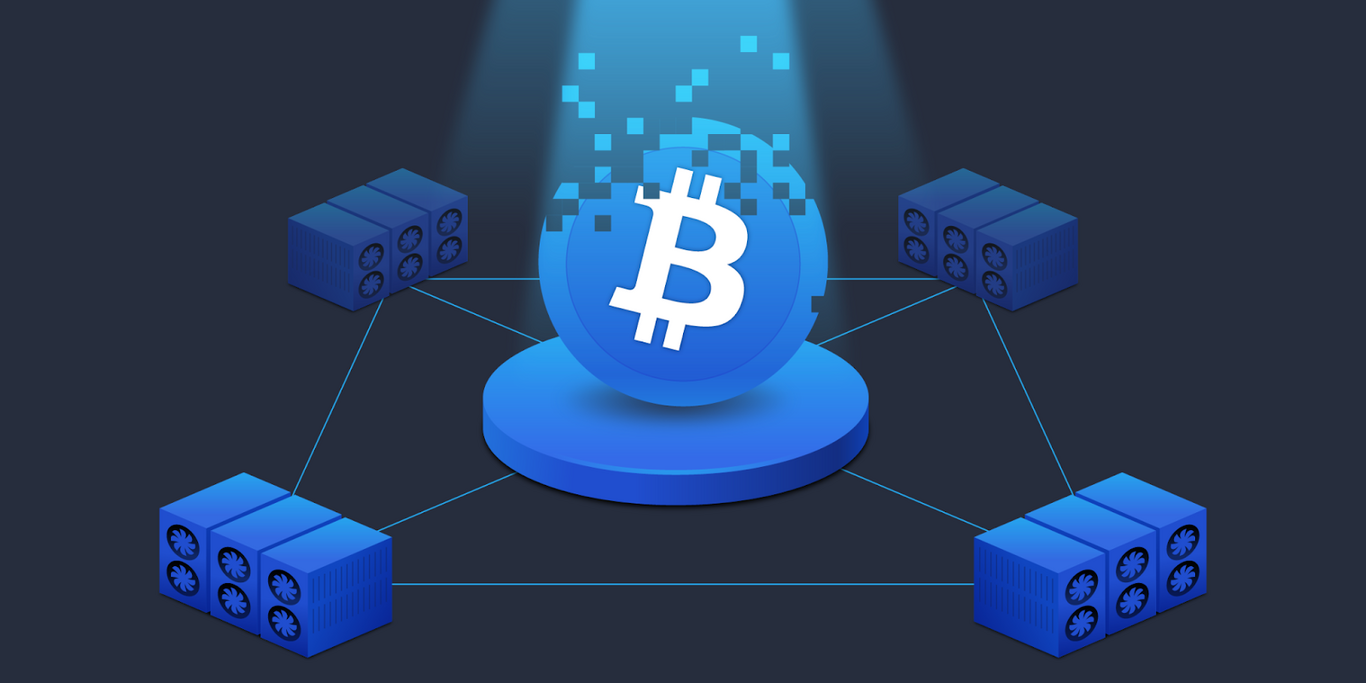DEMAND launches Bitcoin Stratum V2 mining pool for enhanced mining.
On Tuesday, Nov 28, DEMAND made an announcement regarding their launch as a unique mining pool. They have built their pool on the open-source Stratum Reference Implementation (SRI). The primary objective of DEMAND is to aid in decentralizing the bitcoin mining landscape, while also providing miners with enhanced security, flexibility, and performance.
This introduction of DEMAND as a new type of mining pool is a positive development that brings hope for decentralizing bitcoin mining and upholding bitcoin’s resistance to censorship.
Traditionally, bitcoin mining has seen the dominance of mining pools, raising concerns about the potential centralization of mining and its negative consequences, such as the arbitrary censorship of transactions.
Efforts to decentralize the mining landscape have included setting up mining operations in less common regions with abundant energy and improving the Stratum V1 mining protocol, which is currently responsible for pooled bitcoin mining.
Filippo Merli, the lead developer of SRI, highlights the problem by stating, “Because Bitcoin mining is overwhelmingly done through mining pools, transaction selection has become relatively centralized—only a few mining pool operators can essentially decide to collude and prevent certain transactions from being confirmed.”
To address this issue, there has been active development of an upgraded version of the widely used Stratum V1 protocol called Stratum V2. This upgrade, proposed by Pavel Moravec and Jan Čapek in collaboration with Matt Corallo, has been actively pursued by Braiins. Additionally, an open-source reference implementation known as the SRI has been supported by organizations like the Human Rights Foundation and Spiral.
The focus of the Stratum V2 upgrade is to enhance security, efficiency, and flexibility compared to its predecessor. It incorporates mechanisms to foster decentralization, addressing fundamental shortcomings of the Stratum V1 era. These improvements range from enhancing security measures to empowering individual miners, allowing them, rather than the pool, to construct the block template and have a say in selecting transactions to be included in a block.
Merli explains that the Stratum V2 upgrade aims to “give the power of transaction selection back to individual miners, making the mining ecosystem more decentralized and bitcoin more resistant to censorship.”
Currently, miners can connect to pools supporting Stratum V2 through a translation proxy server.
DEMAND, founded by Alejandro de la Torre, former Vice President of BTC.com and Poolin, along with Filippo Merli, the lead developer of the open-source SRI, has the primary focus of servicing solo miners. They enable solo miners to accrue block rewards, facilitate hash resale on a marketplace, and provide options for auctioning their hash power or maximizing earnings through bitcoin mining.
DEMAND’s approach to solo mining involves independent miners competing against the entire network to discover blocks and earn the full reward of 6.25 BTC ($260,521) in addition to transaction fees.
Alejandro states, “With Stratum V2 and our new solo mining pool, we aim to make home mining more attractive, which, in effect, helps to decentralize the bitcoin mining ecosystem and improve the overall health of the bitcoin network.”
While DEMAND currently caters exclusively to solo miners, there are plans to introduce pooled mining options that allow for collaborative profit sharing among miners.
Overall, DEMAND’s launch as a new type of mining pool built on the open-source Stratum Reference Implementation brings valuable tools and opportunities to solo miners. It enhances the sustainability of their mining operations and contributes to the ongoing efforts to decentralize bitcoin mining.
